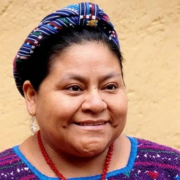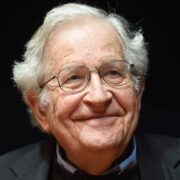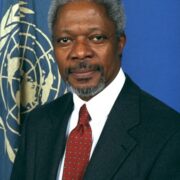Brave people risk life and liberty to defend human rights, to mobilise, to criticize and to expose the perpetrators of abuse. Brave people voice support for others, for ideas, and communicate their concerns to the world. These brave people exercise their human rights online.
The Internet is a platform for free expression and self-determination. Like any communication tool, the Internet is not immune from censorship, surveillance, attacks and attempts by state actors and criminal groups to silence dissident voices. When democratic expression is criminalized, when there is ethnic and political discrimination, the Internet becomes another battleground for non-violent resistance.
Our mission
Our mission is to promote and defend fundamental freedoms and human rights, including the free flow of information online. Our goal is to create accessible technology and improve the skill set needed for defending human rights and freedoms in the digital age.
We aim to educate and raise the capacity of our constituents to enjoy secure operations in the digital domain. We do this by building tools that enable and protect free expression, circumvent censorship, empower anonymity and protect from surveillance where and when necessary. Our tools also improve information management and analytic functions.
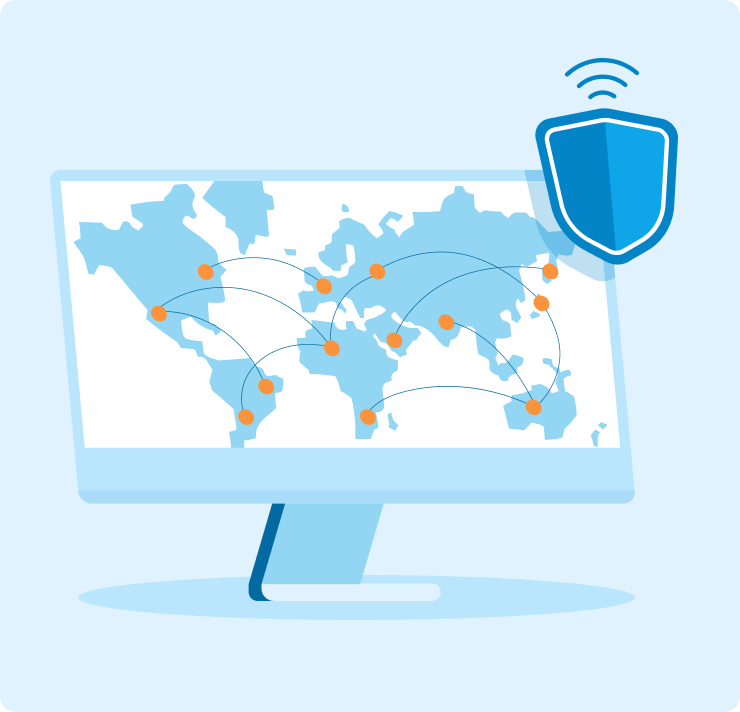
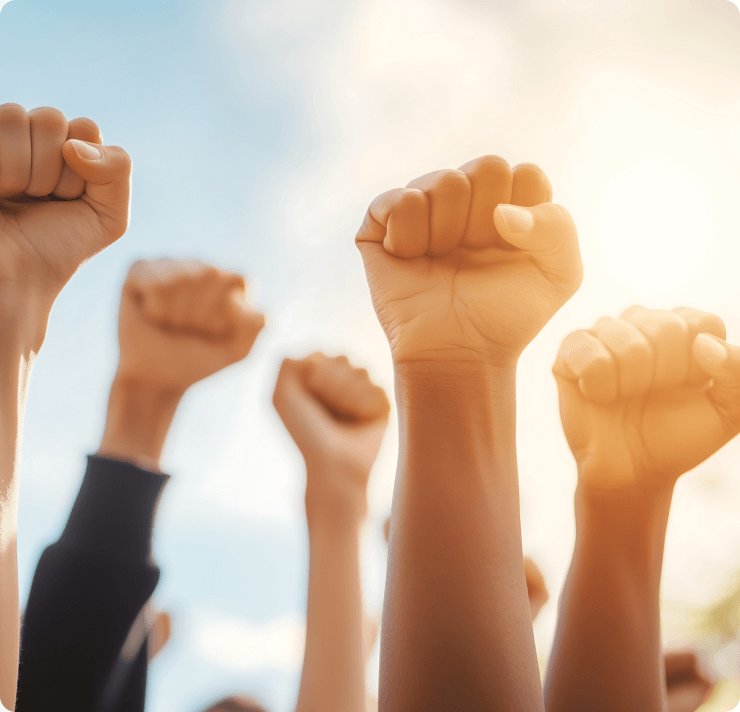
We are eQualitie
We are an international group of activists of diverse backgrounds and beliefs, standing together to defend the principles common among us. We are software developers, cryptographers, security specialists, as well as educators, sociologists, historians, anthropologists and journalists. We develop open and reusable tools with a focus on privacy, online security and better information management. We finance our operations with public grants and consultancies with the private sector. We believe in an Internet that is free from intrusive and unjustified surveillance, censorship and oppression.
Principles
At eQualitie, our principles, rooted in the International Bill of Human Rights, guide all our work and partnerships. Our projects, tools, and services reflect these values and are available as long as they align with our terms of service.
Privacy
We fiercely protect the right to privacy for our beneficiaries. Our tools, services, and policies are designed to uphold this right, using all available resources to ensure their privacy. See our Privacy Policy for details.
Digital Security
Security is at the core of our development and services. We build systems to enhance online security, prioritize safety, and maintain transparency through open-source access. Our focus is always on security over convenience or cost.
Openness and Transparency
We are committed to transparency. Our policies, procedures, and, where possible, source code are open to encourage collaboration and uphold our principles.
Freedom of expression and access to information
We support free expression and access to information as pillars of democracy, while standing against hate, violence, and discrimination. Freedom of expression does not include inciting harm or infringing on others’ rights.
Just and legal society
Our diverse team is dedicated to fostering a society that upholds human rights online and offline, inspired by the International Bill of Human Rights. We believe in the responsibility to protect these rights for all.
